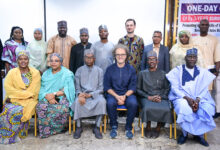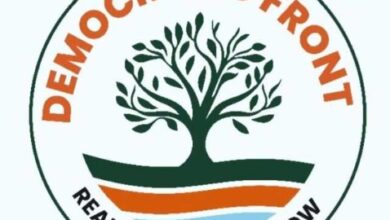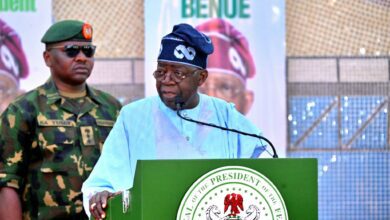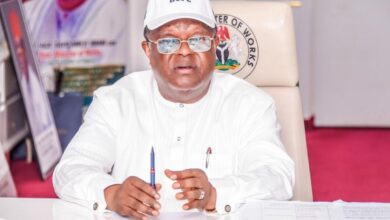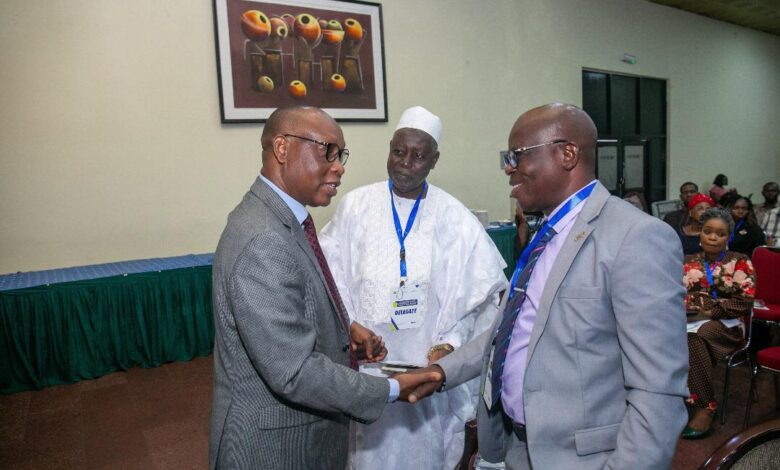
The Executive Secretary of the Nigeria Extractive Industries Transparency Initiative (NEITI), Dr. Orji Ogbonnaya Orji has called for fiscal justice and gender equity in the extractive industries.
Dr. Orji made the call on Wednesday while speaking at the Multi-Stakeholders Roundtable organized by Global Rights in Abuja.
Orji noted that the latest independent industry audit report conducted by the agency in the oil, gas and mining sector disclosed that employment opportunities for women in the industry in Nigeria is currently too low from global average.
He said, according to the report, 56 out of 70 companies covered had a total of 19,171 employees, of which 15,639 (82%) were men while 3,532 (18%) of the employees were women.
Similarly, he said, out of 2,325 top or high-level positions, women representation was less than 100.
Worried by this high inequality figure in the sector, the NEITI boss said, the agency has set up Women/Gender Desk to coordinate activities designed to put women and children issues in public consciousness.
In addition, he said, the NEITI is working in partnership with global development partners, 57 member countries, the media and civil society to advance fiscal justice and gender equity debate in extractive industries with specific focus on enhancing women participation in natural resource governance.
He applauded the recent review of mining rates by the federal government which the Ministry of Solid Minerals Development said was intended to boost reforms in the industry.
While also acknowledging the improvement in the solid minerals sector’s contribution to GDP – from 0.26% in 2019 to 0.63% in 2021, Dr. Orji said, the figure was abysmal considering the potentials of the solid minerals sector to act as a catalyst for economic growth and development of the country.
He, therefore, urged industry stakeholders to focus on actionable steps to enhance inclusiveness: Build capacities, strengthen institutional frameworks, deepen community engagement, boost public awareness, education, beneficiate and add value to our mineral resources, by leveraging technology in the implementation of progressive policy reforms.
“We must also address the intricate connection between mining activities, climate change, and growing insecurity in our sub-nationals. As global demand for critical minerals rises, driven by clean energy needs and security concerns, we anticipate increased mining activities. However, we cannot overlook the social and environmental impacts on host communities especially the escalation of insecurity and displacement of rural communities and their livelihoods.
“We must balance economic growth with environmental stewardship, community welfare, and equitable distribution of our natural resources. By fostering inclusiveness, embracing transparency, and committing to sustainable practices, we can harness the true potential of Nigeria’s mineral wealth for the benefit of all our citizens”, he said.


